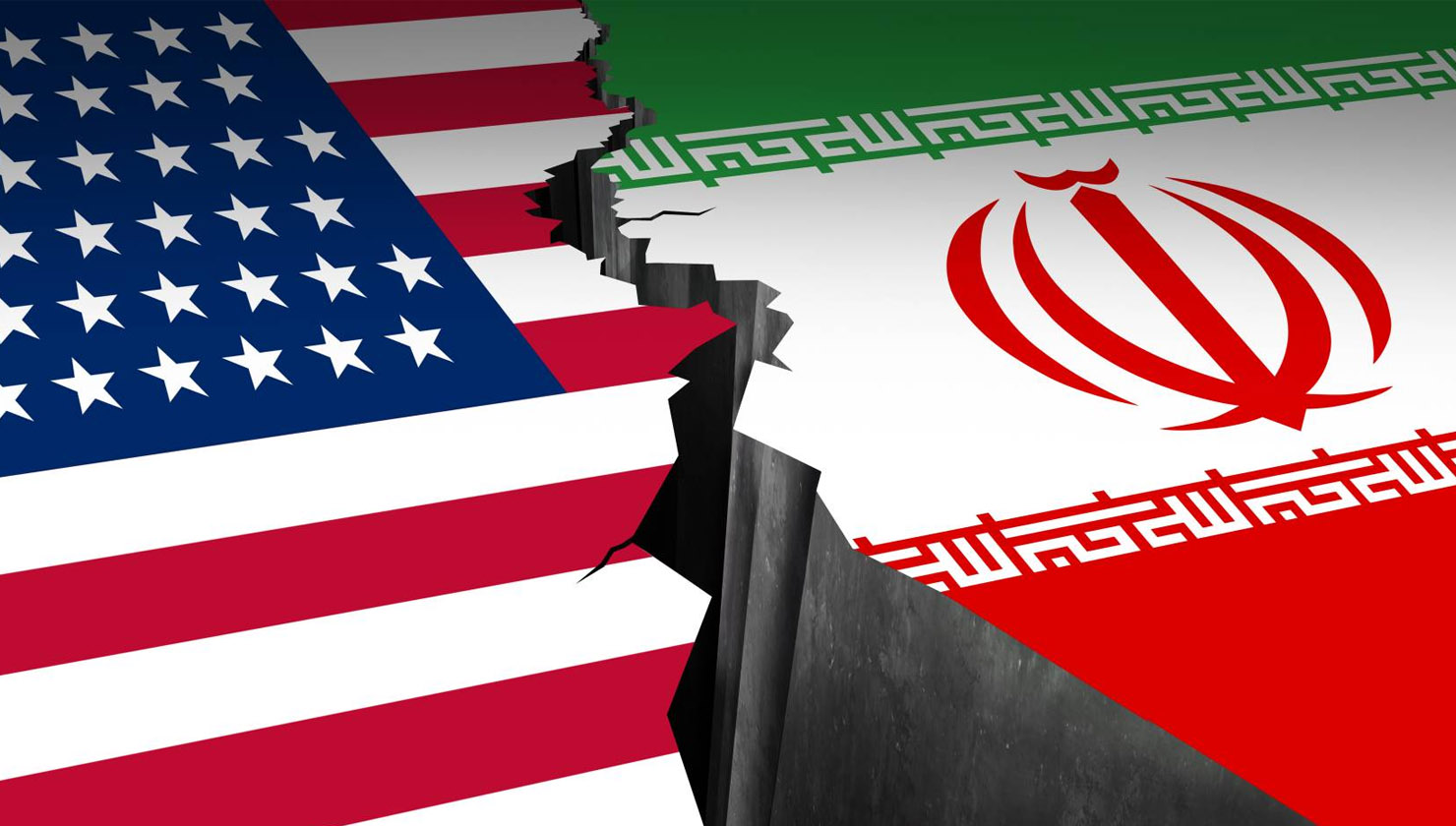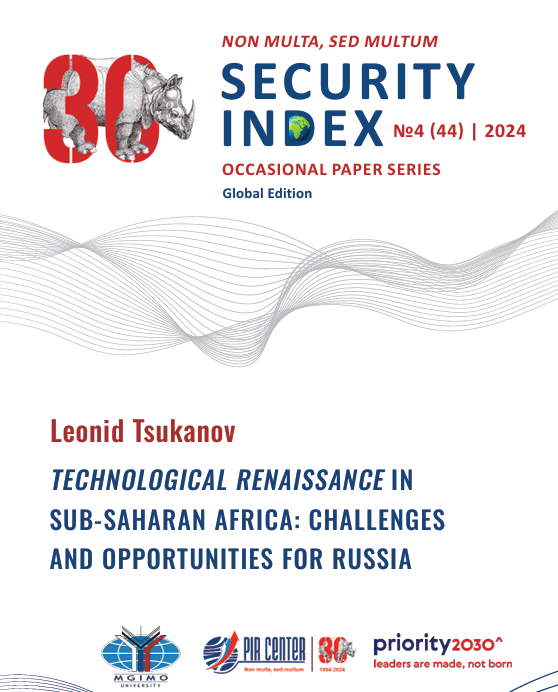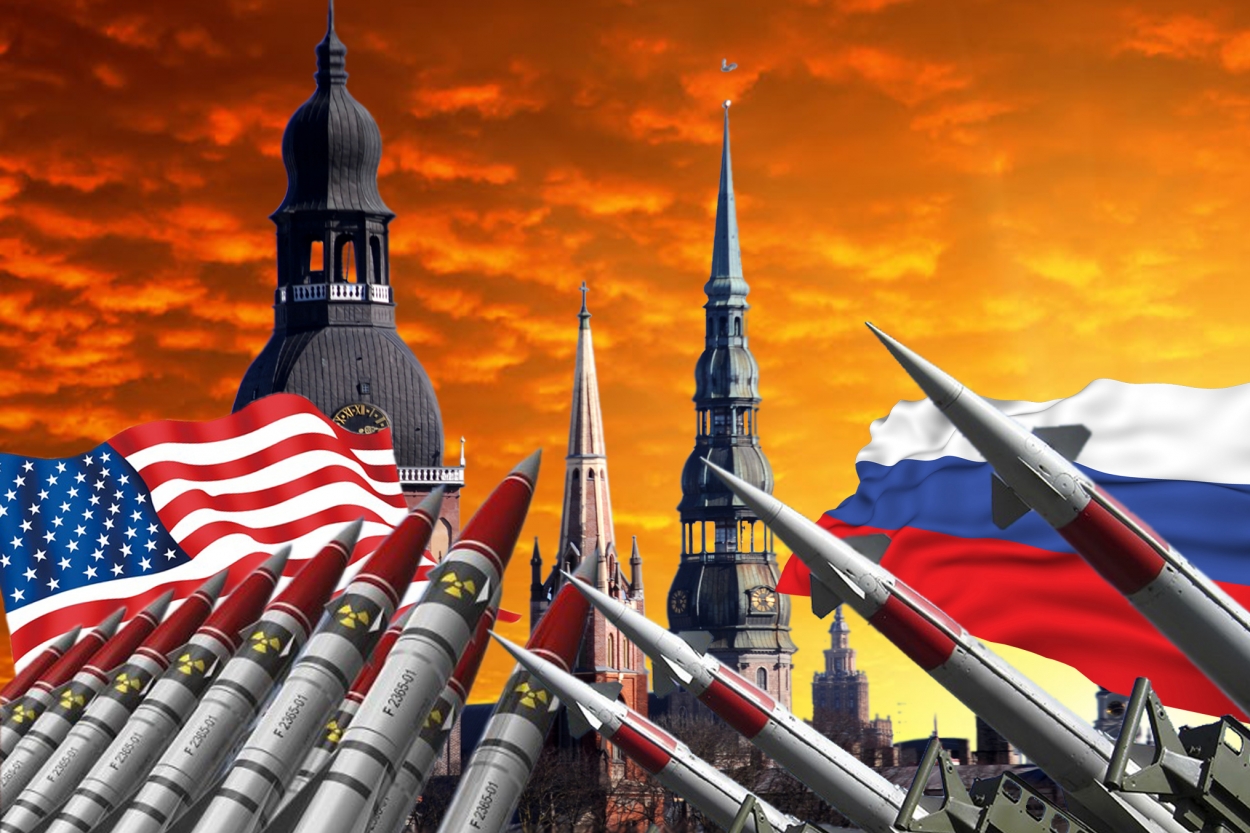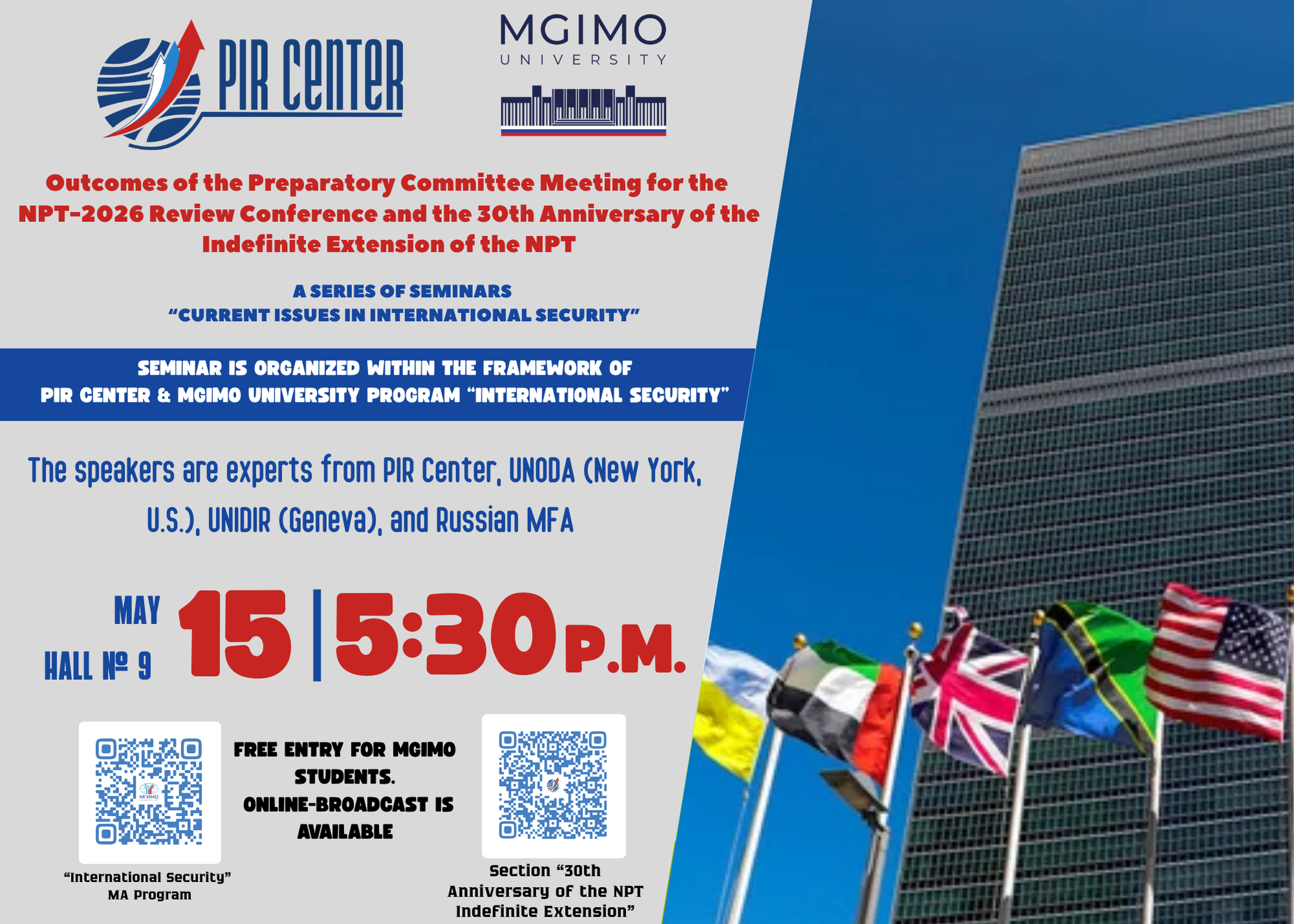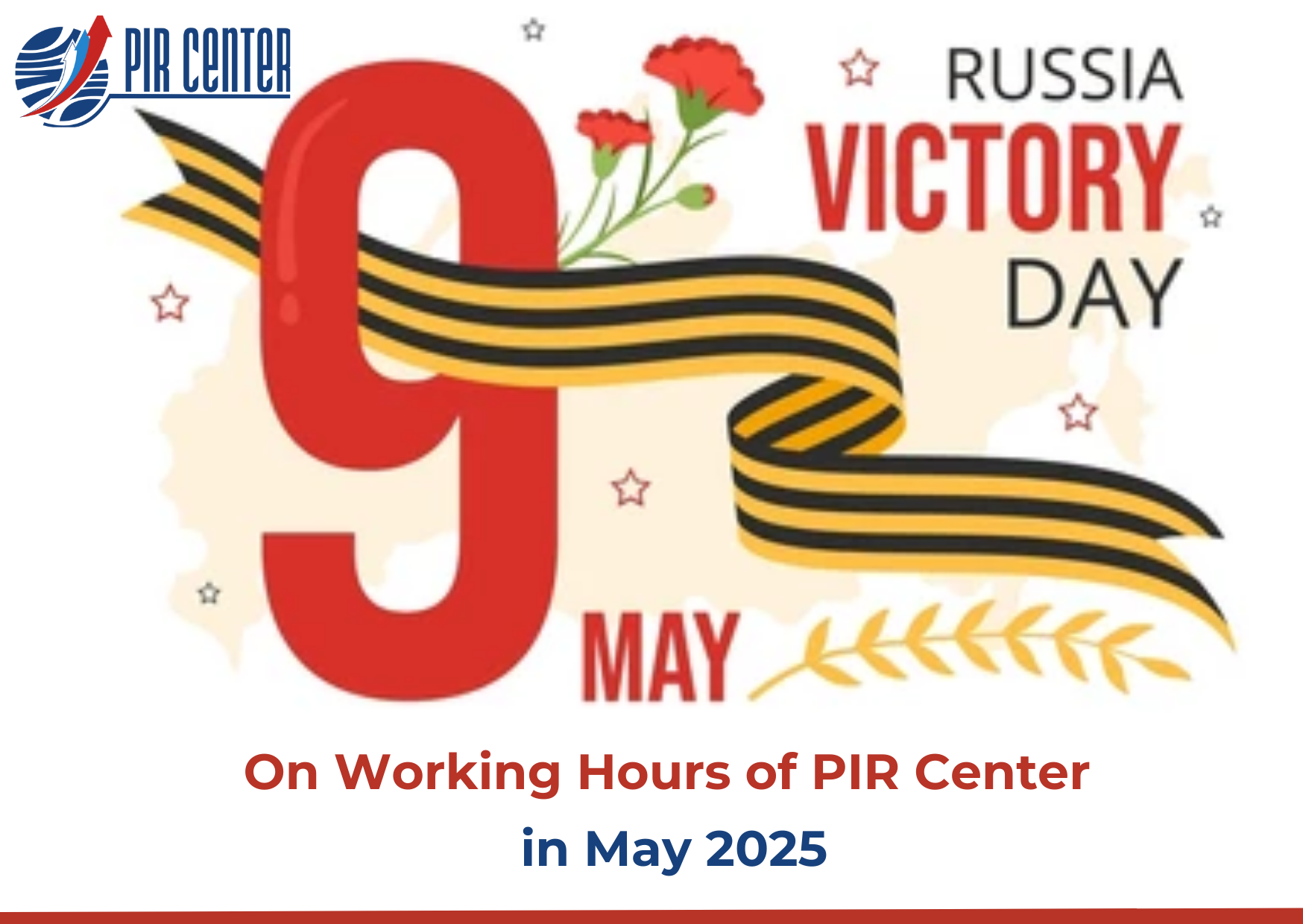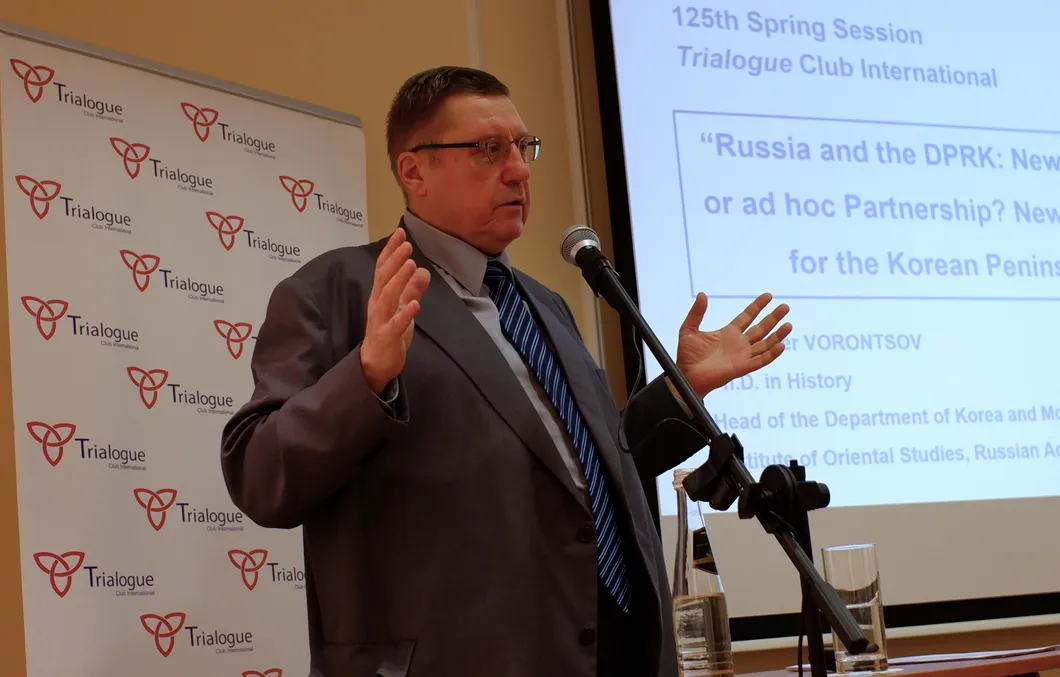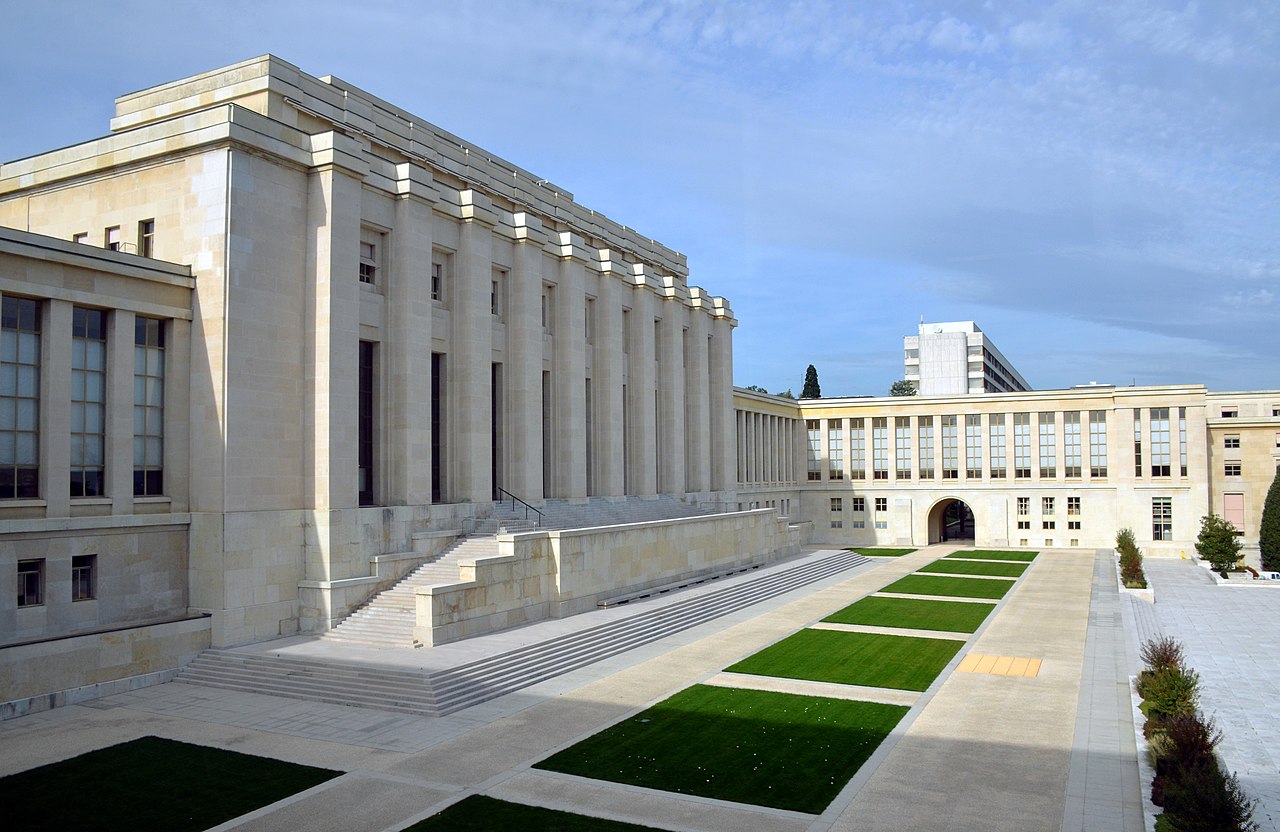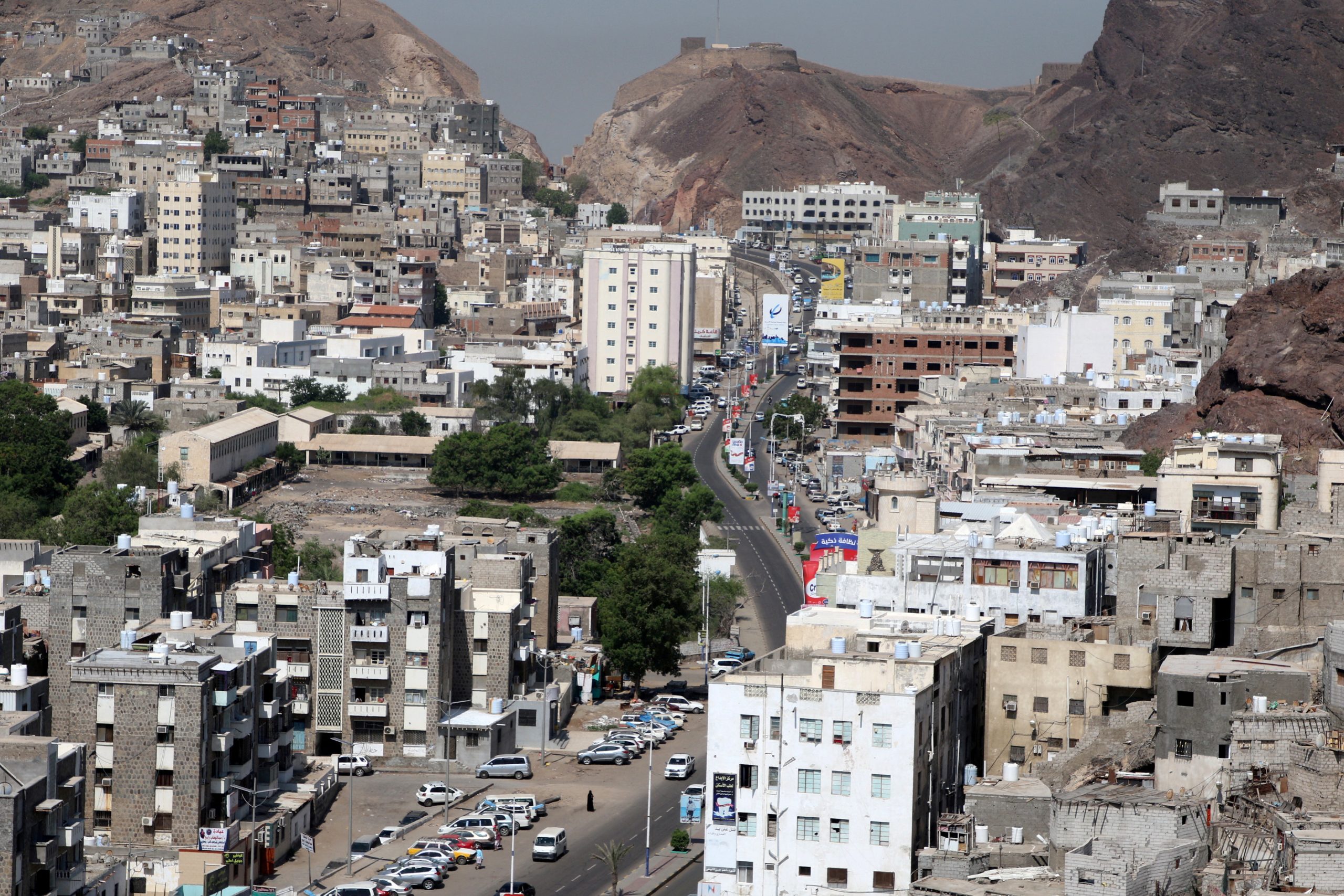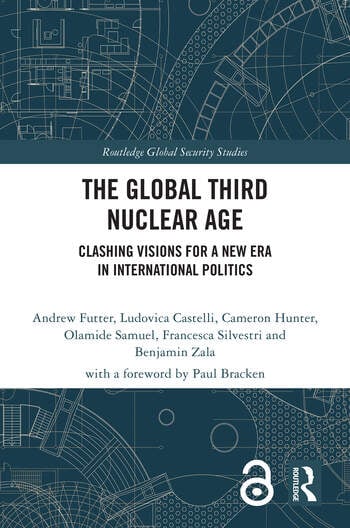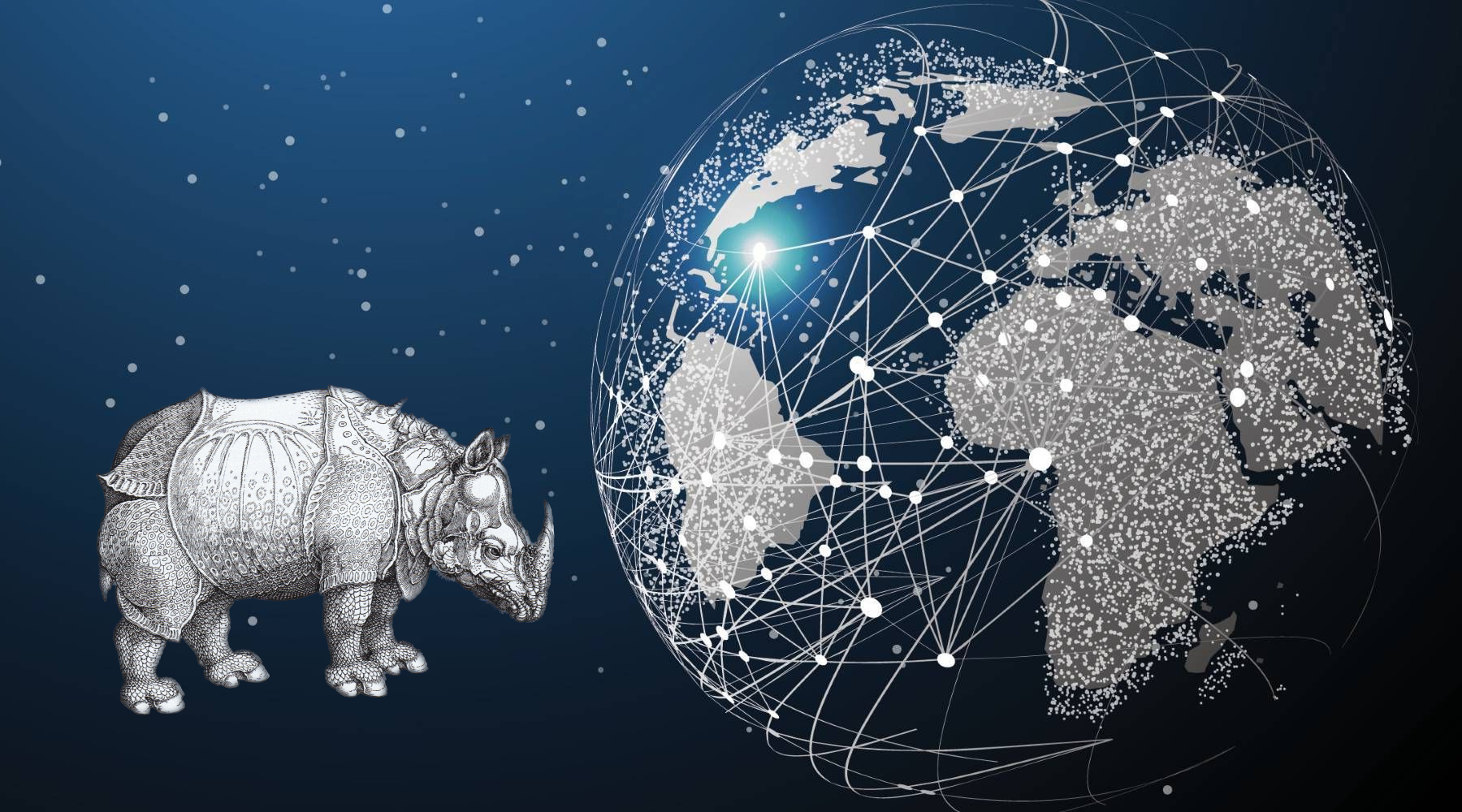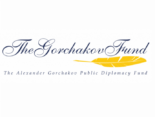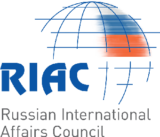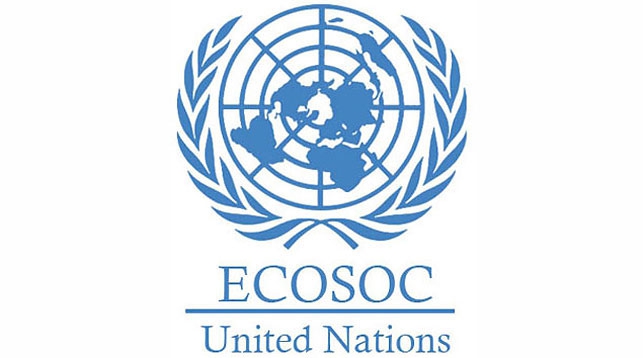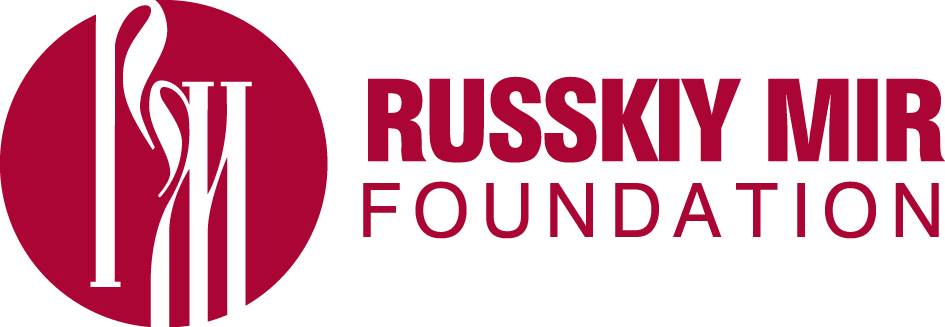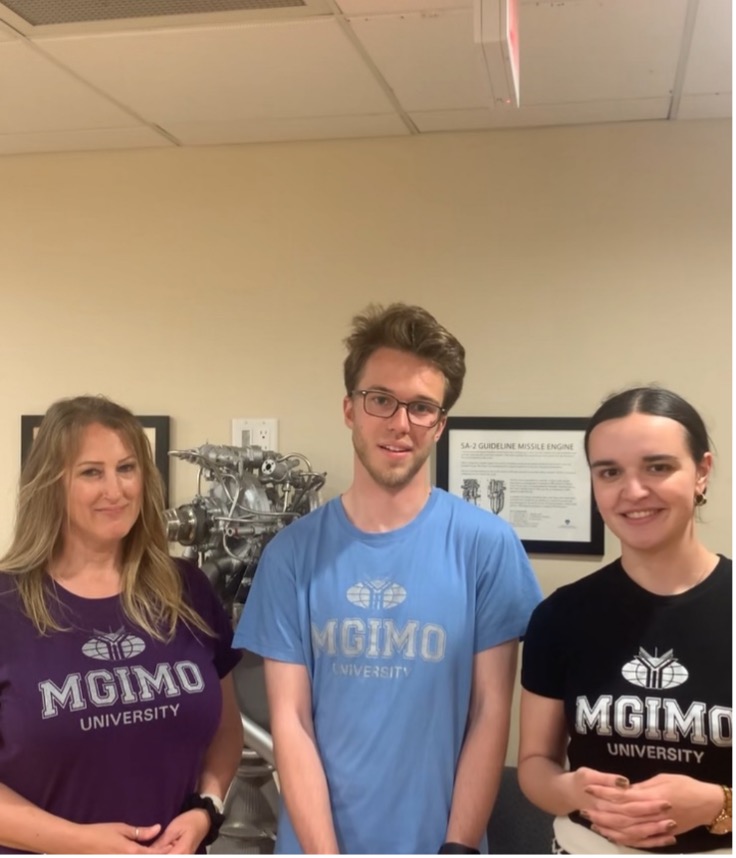
№ 24 (82), 2025. The seventh cohort of students graduated from the International Dual Degree MA Program “Global Security, Nuclear Policy, and WMD Nonproliferation”
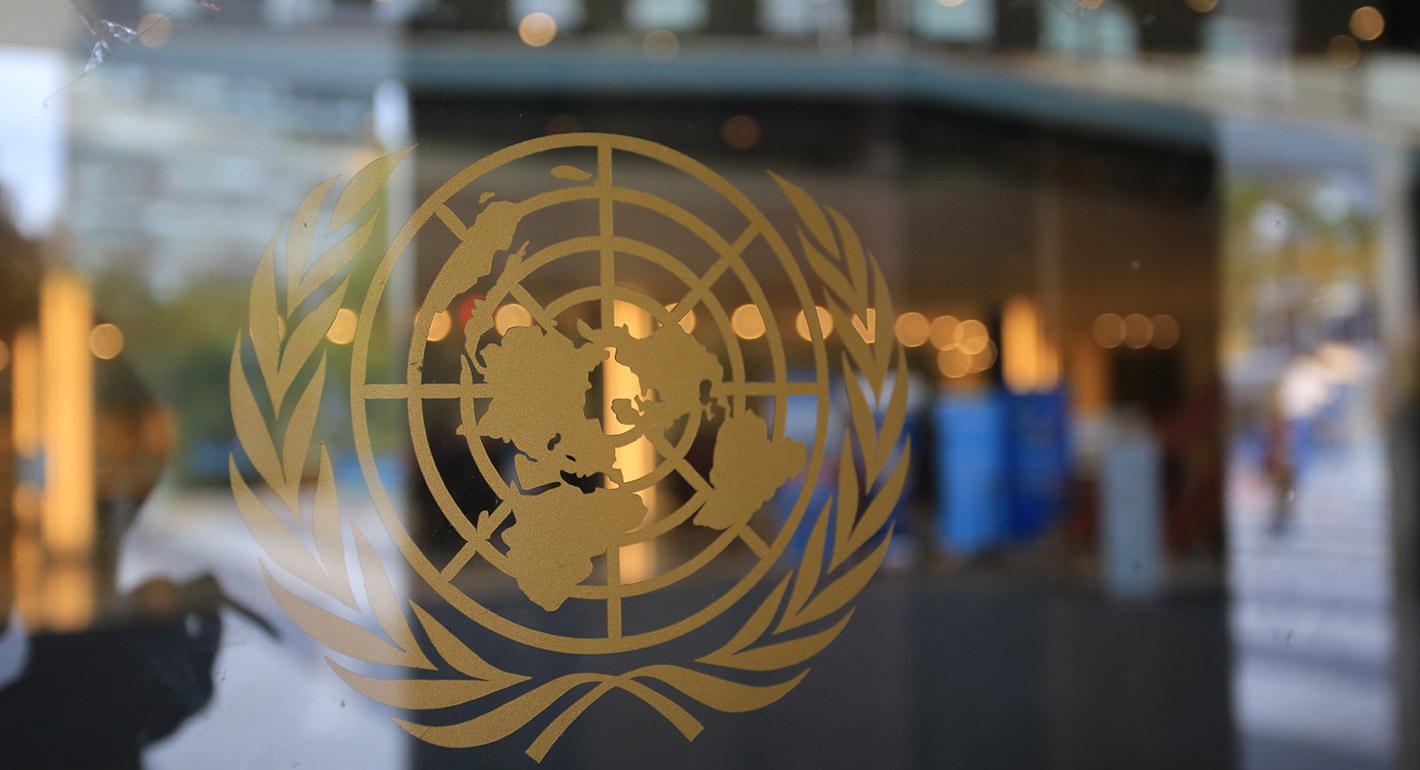
№ 23 (81), 2025. PIR Center introduces a new section on the website “Experts on the Prospects of the NPT 2026 Review Conference”
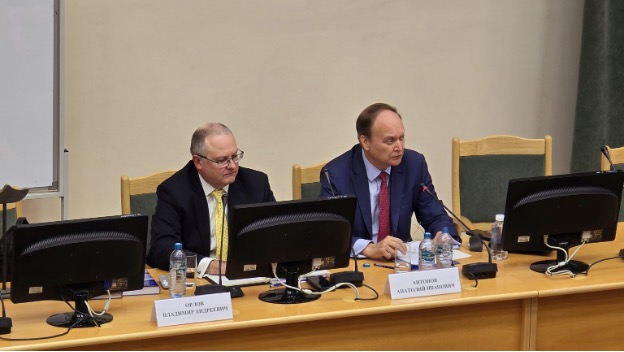
№ 22 (80), 2025. PIR Center and MGIMO University held a seminar on “Future of Russian-American Relations”, the keynote speaker was Anatoly Antonov

№ 21 (79), 2025. PIR Center introduces a new section on the website “Experts on Indefinite Extension of the NPT”
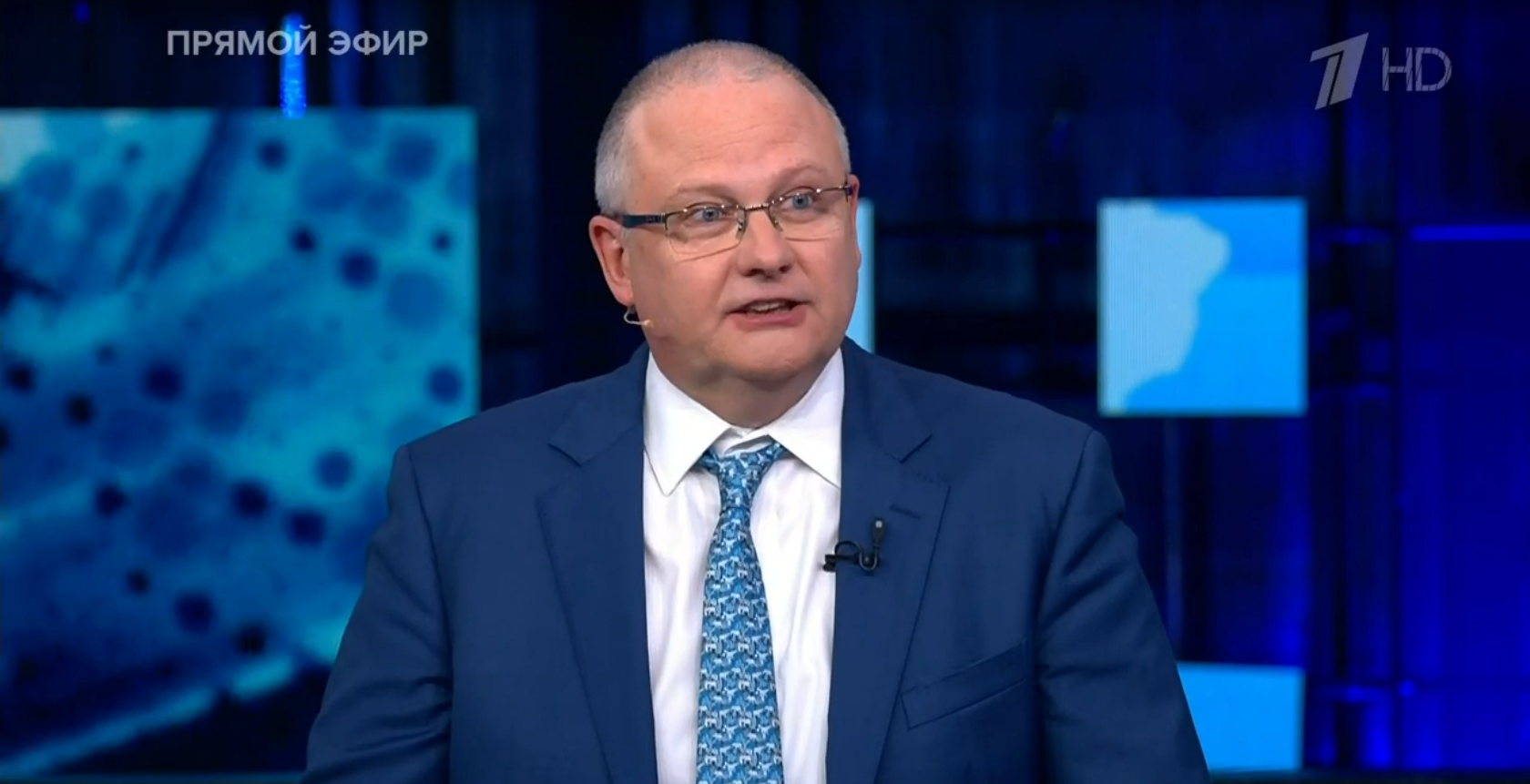
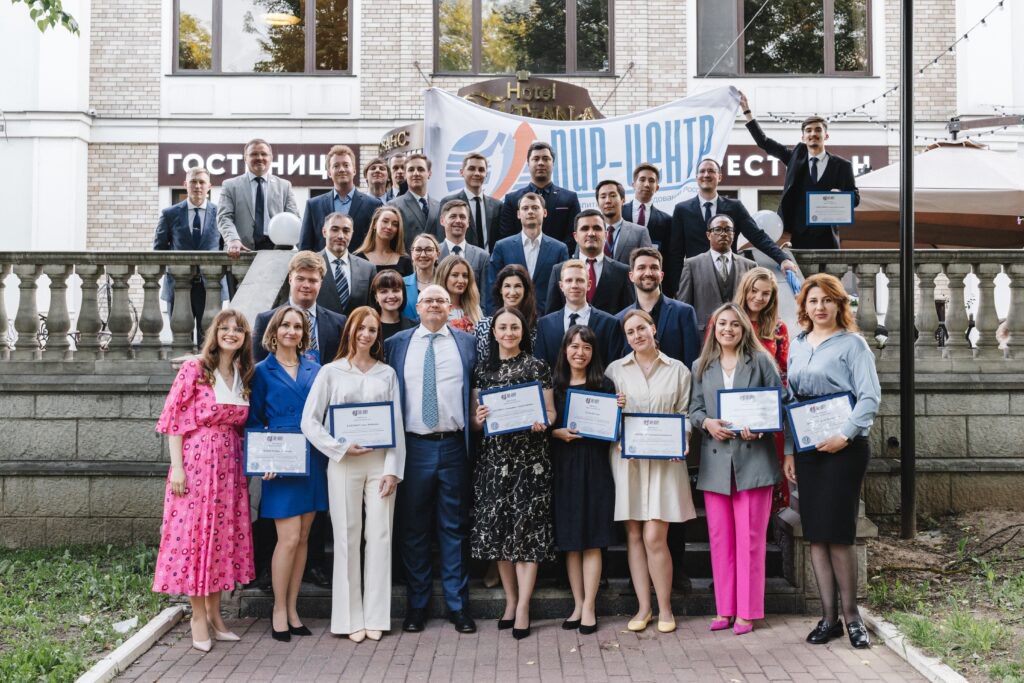
№ 20 (78), 2025. PIR Center introduces a new section on the website “Postcards from our Alumni”
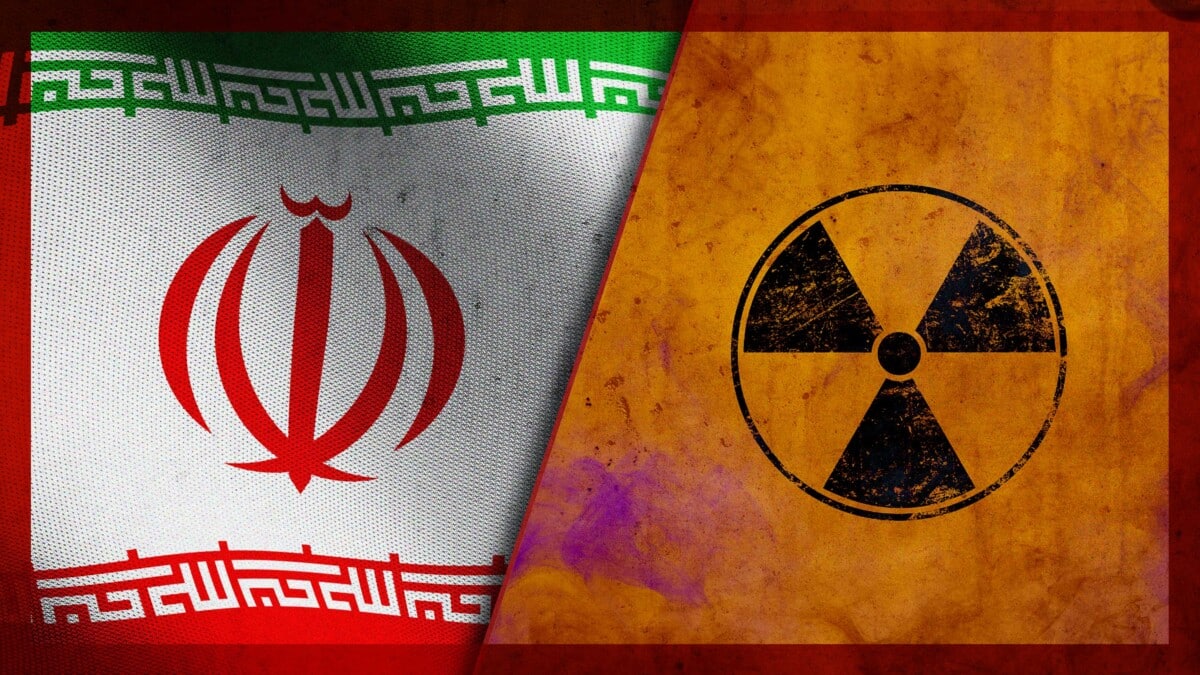
№ 7 (17), 2025. «Fortunately, Iran is led by realists, and on that day, with accurate foresight, Iran had read America’s intention for war and had relocated its sensitive materials»: Interview with Majid Afshani by Sviatoslav Arov
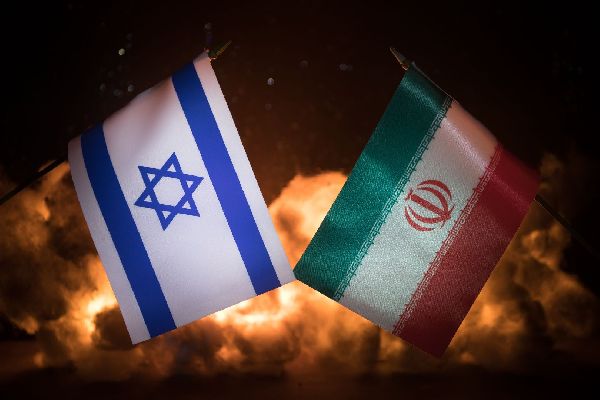

Hot Topic № 4 (15), 2025. Long Time No Strategic Partnership: Sources of (In)Coherence between Russia and Iran
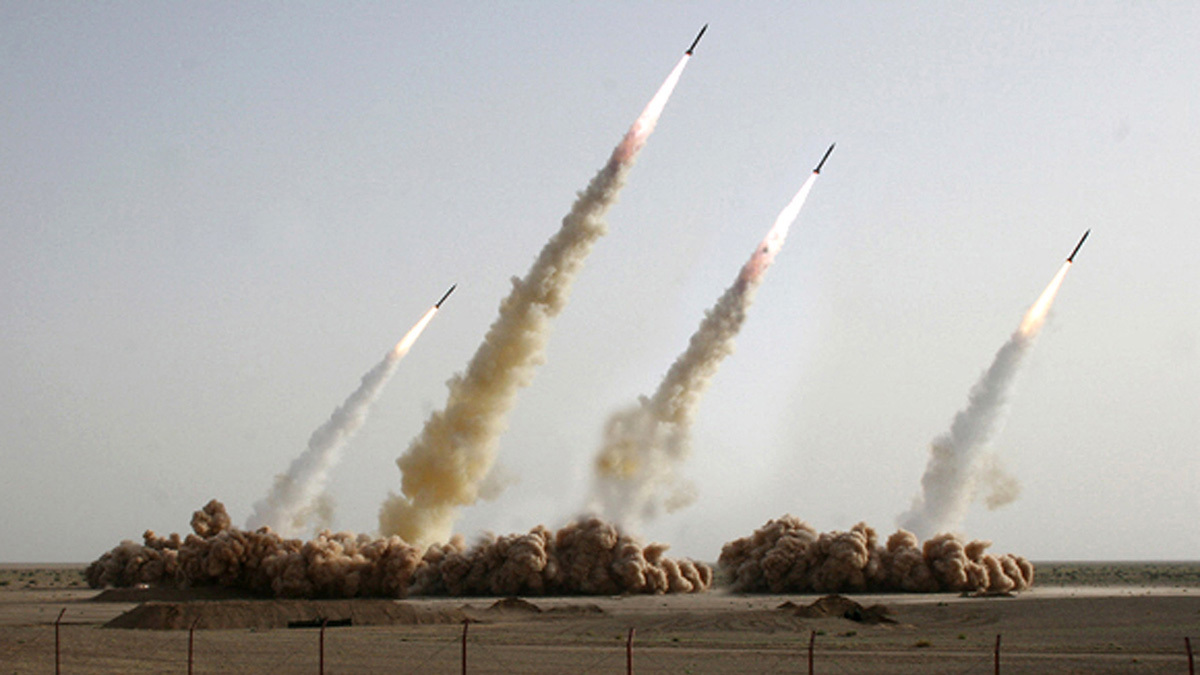
№ 6 (16), 2025. «Iran's nuclear infrastructure has not been damaged seriously»: Brief Interview with Adlan Margoev by Dr. Vladimir Orlov, PIR Center Founding Director
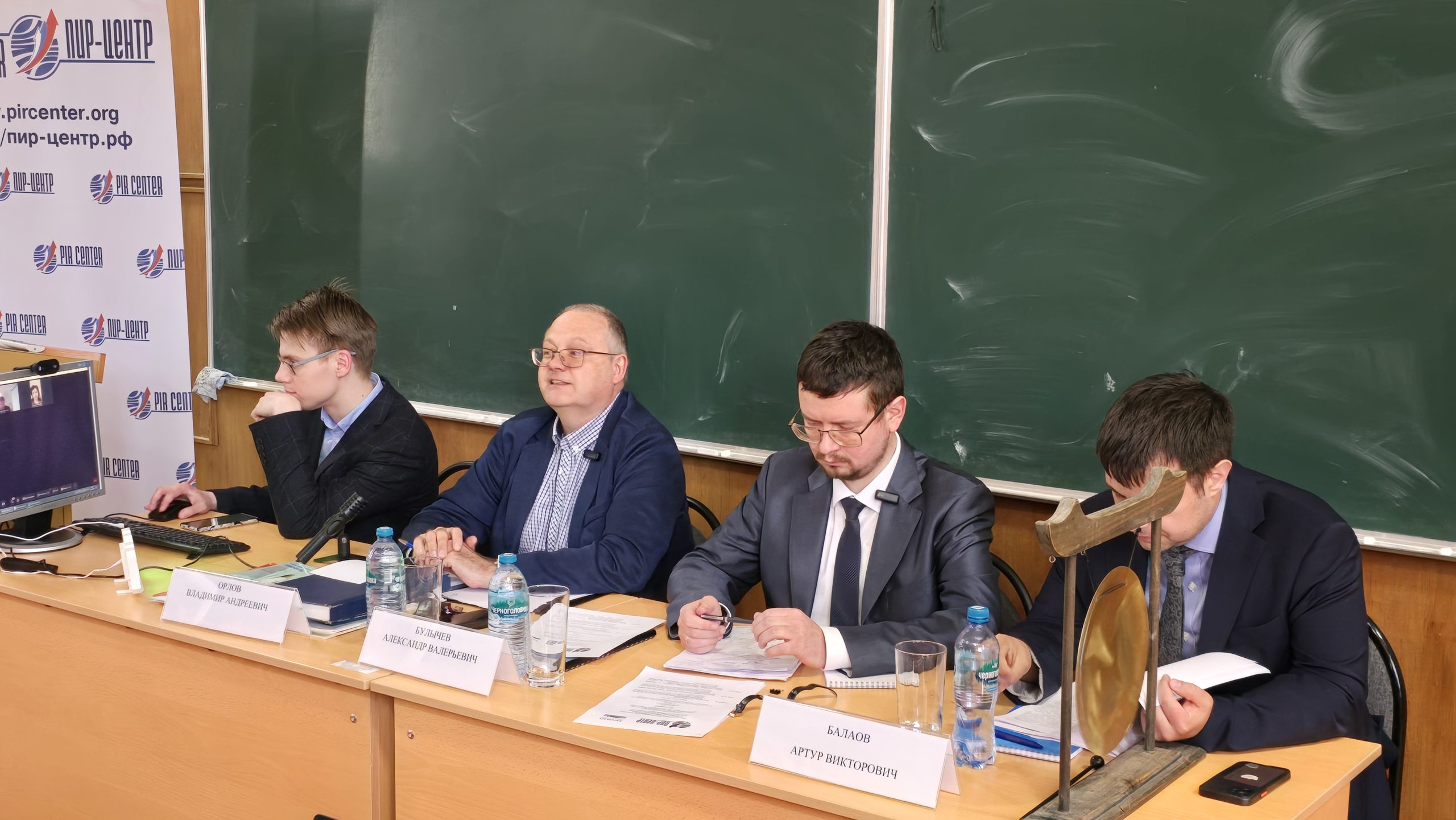
№ 19 (77), 2025. PIR Center held an expert seminar on “Outcomes of the Preparatory Committee Meeting for the NPT-2026 Review Conference and the 30th Anniversary of the Indefinite Extension of the NPT”
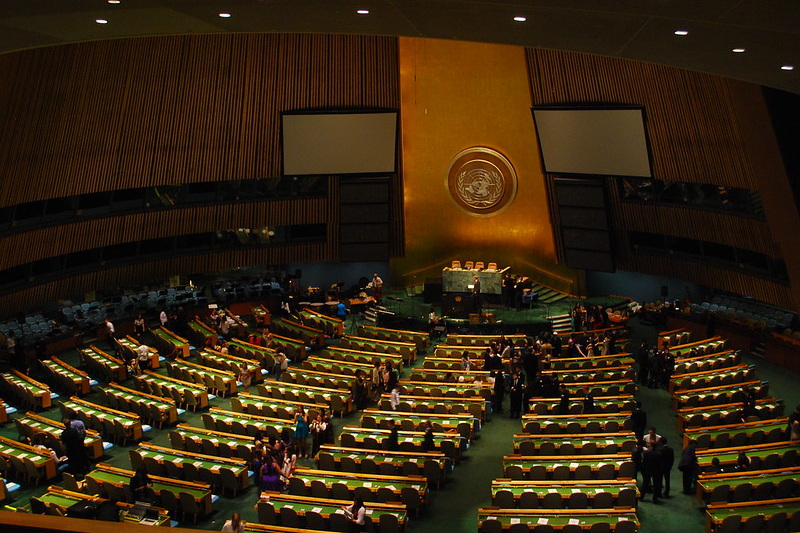
№ 5 (15), 2025. «States parties should act in the larger interest of the NPT and to rise above their fixed positions»: Interview with Dr. Tariq Rauf by Alexandra Zubenko
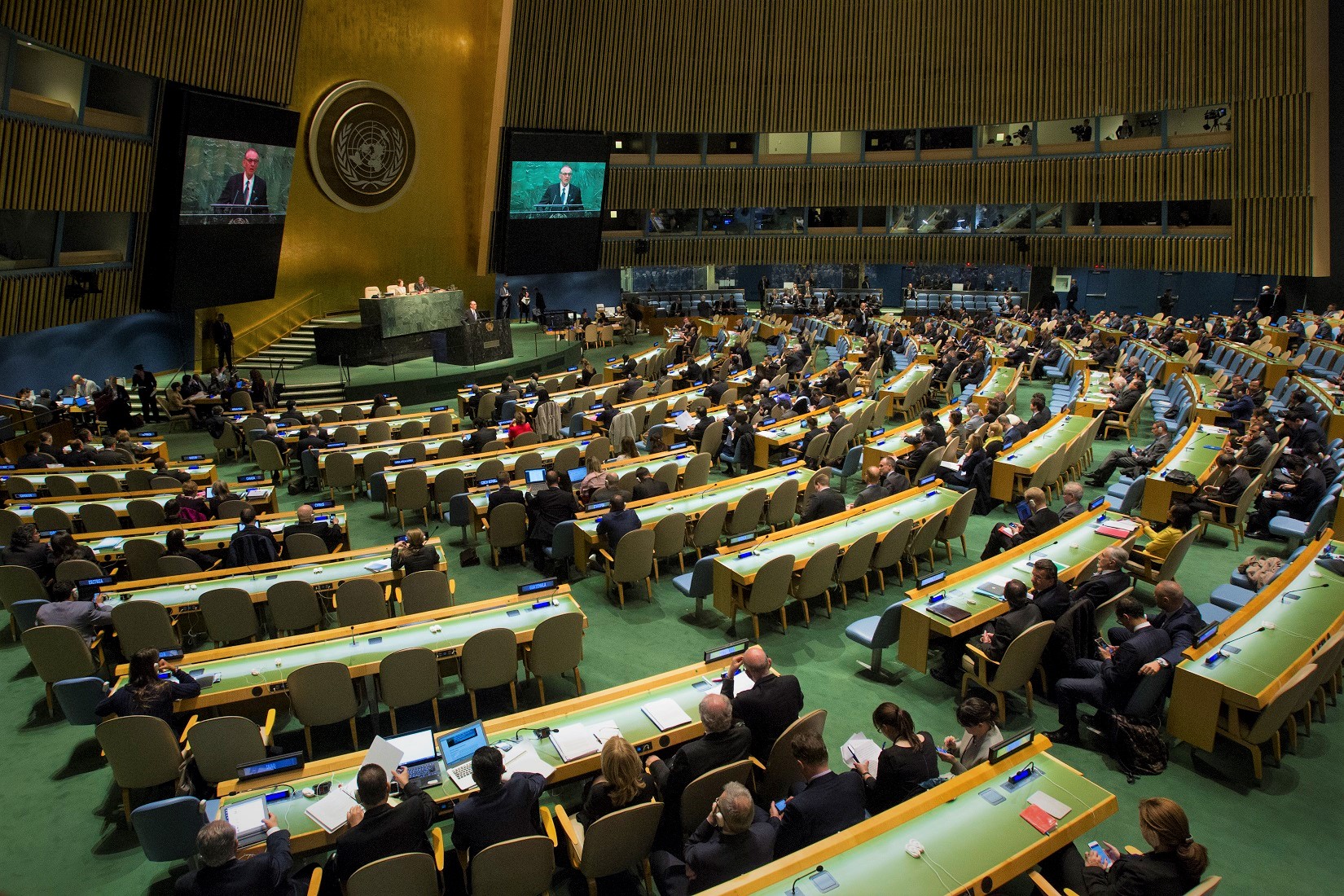
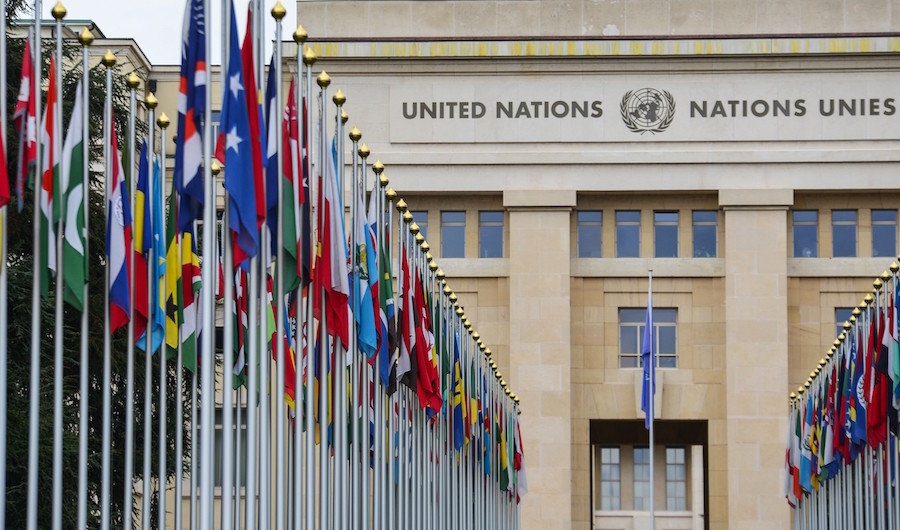
№ 18 (76), 2025. On May 15, PIR Center will hold an expert seminar on “Outcomes of the Preparatory Committee Meeting for the NPT-2026 Review Conference and the 30th Anniversary of the Indefinite Extension of the NPT: Assessment and Significance” in a hybrid format
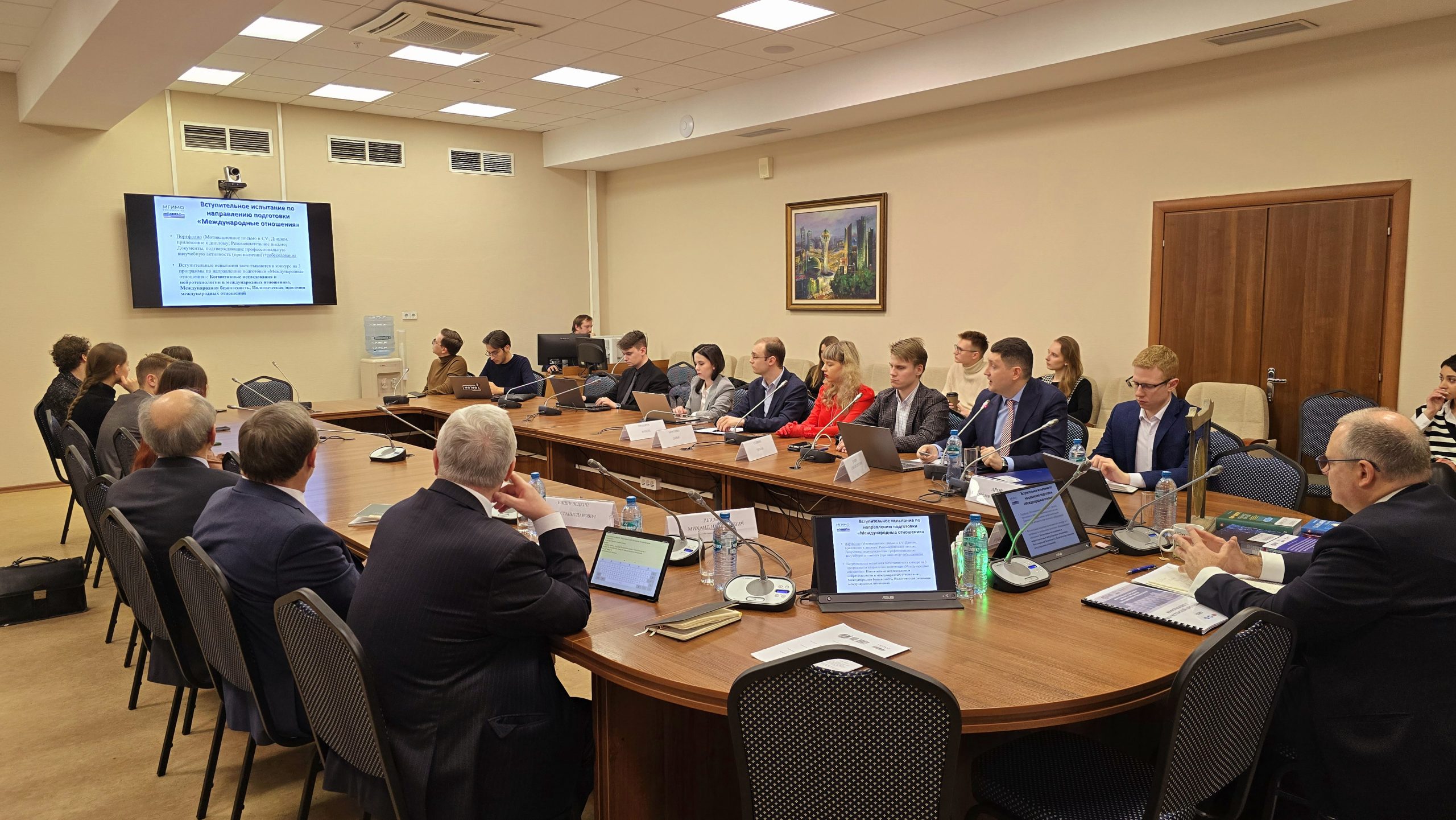
№ 17 (75), 2025. Open Day of Master's Program International Security by PIR Center & MGIMO Takes Place in Moscow
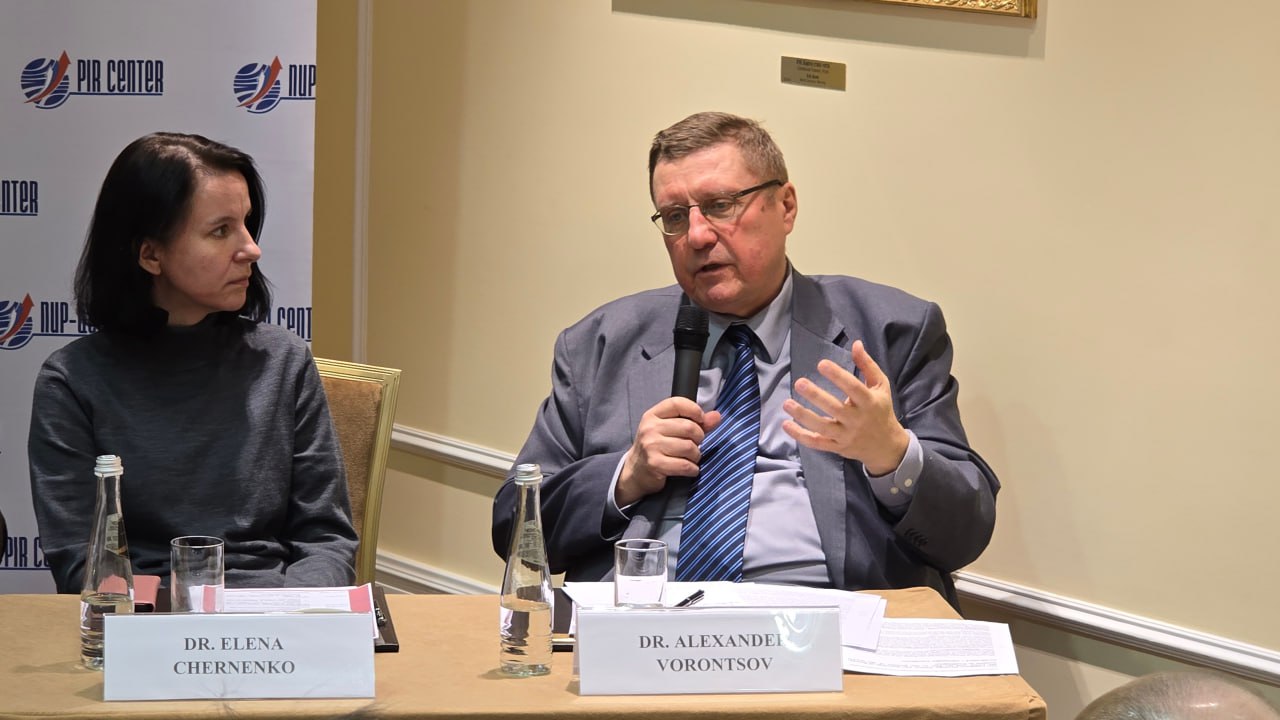
№ 2 (4), 2025. Russia always emphasizes that our co-operation with the Democratic People's Republic of Korea is consistent with the norms of international law and is not directed against the security of the Republic of Korea
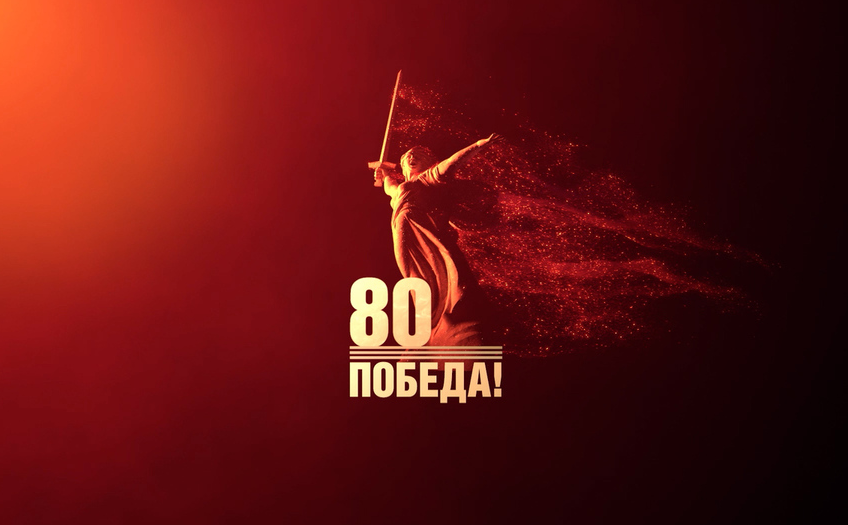

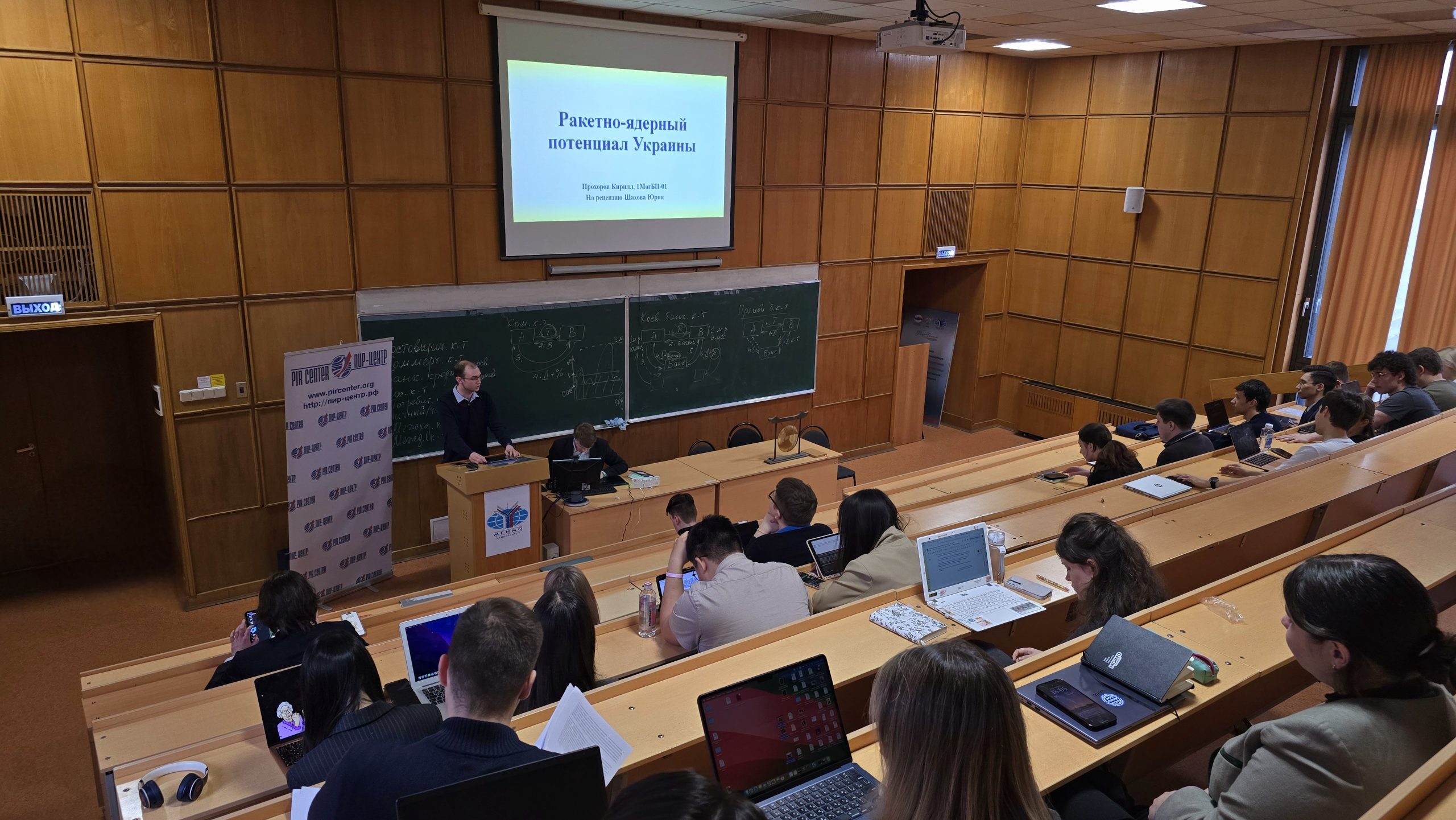
№ 15 (73), 2025. PIR Center held a series of seminars “Nuclear ambitions, opportunities, and fantasies of Ukraine”
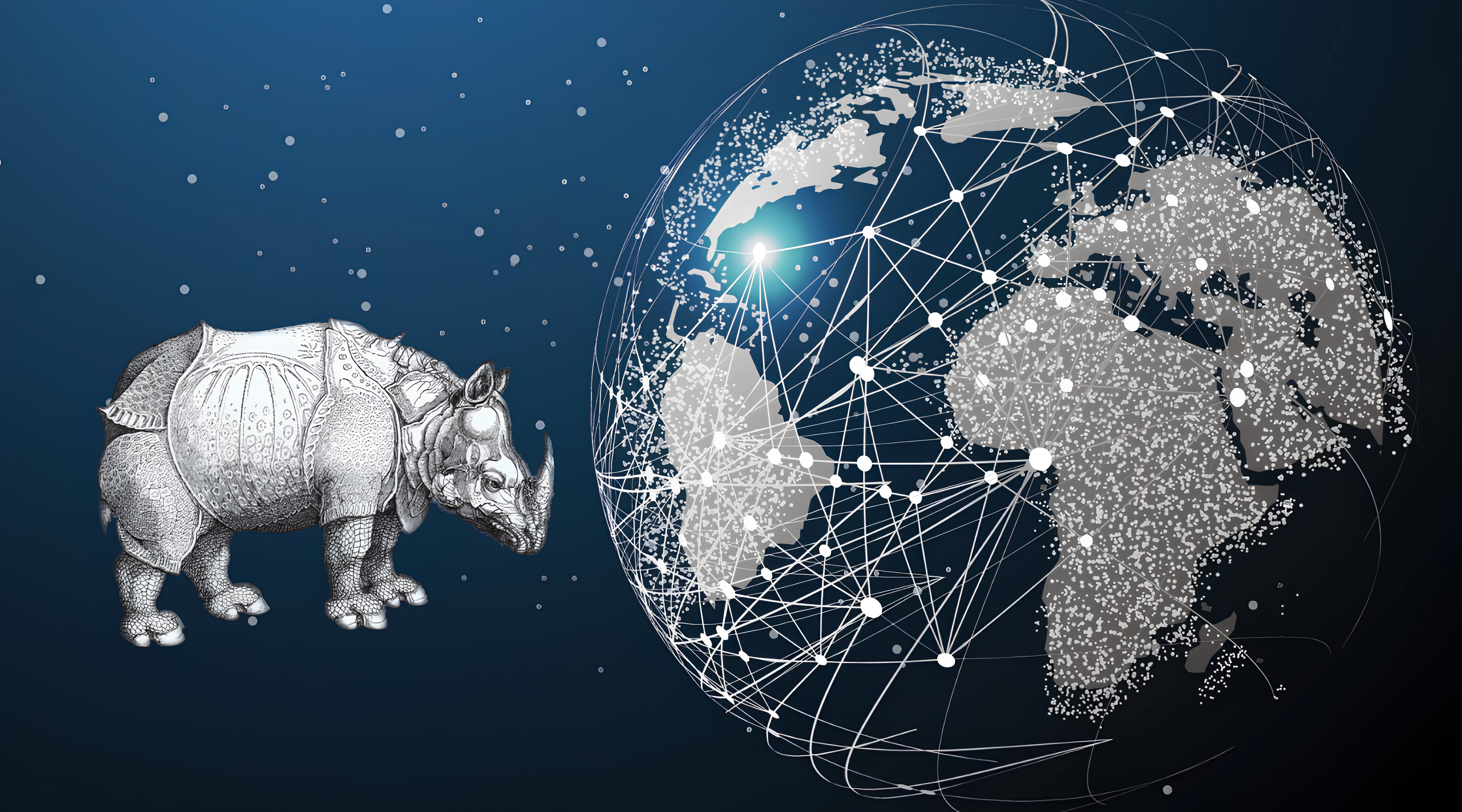

 Hot topic
Hot topic